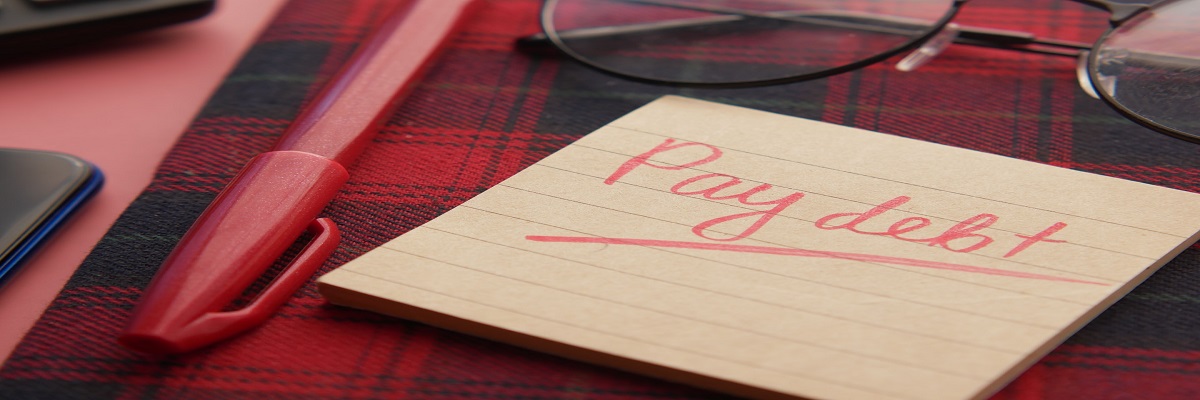Call: 888-297-6203
A bankruptcy discharge is a court order that removes the personal liability of the debtor for the specified debts. With a bankruptcy discharge, the creditors cannot pursue any collection actions including communicating with you regarding the debt. However, if a creditor has a valid lien on the property that survives the bankruptcy case, the creditor can enforce the lien to claim the property. In the case of chapter 7, a discharge is granted within three to six months of filing the petition, usually 60 days after the 341 creditors’ meeting date. In individual chapter 11 cases, and the cases filed under chapters 12 and 13, a discharge is granted when the repayment plan filed by the debtor is completed. It usually takes between three to five years from the filing date.
How to get a discharge order?
The court order is dispatched through the mail. The creditors mentioned in the list are all informed via a notice that debts owed to them are discharged and no further collection action should be attempted. If the discharge order is misplaced, another copy can be obtained through the bankruptcy court clerk who entered the order. Additional fees for searching the order and making certified copies of it need to be paid. For a closed and archived case, a retrieval fee also needs to be paid. The discharge order can also be accessed electronically through the PACER system.
Are all debts discharged in bankruptcy?
Filing for bankruptcy does not result in a discharge of all debts. The list of debts exempted from discharge in chapters 7, 11, and 12 includes tax claims, debts not listed in the schedule, child support and alimony, debts due to willful injury to person or property, education loans, and government fines, etc. In chapter 13, debts due to willful injury to a person or property, those incurred due to property settlement in divorce, and debts undertaken to pay for non-dischargeable debts can also be discharged. While a discharge is given only after completion of the repayment plan, debtors can request the court for a hardship discharge in chapters 12 and 13. This can happen if unforeseen circumstances make it difficult for them to continue making the payment.
Circumstances when discharge is not provided
Sometimes, the creditors can object to the discharge if they were informed too late, or the debts were incurred on false pretense. Apart from this, the court can deny a discharge if tax documents were not provided, the mandatory personal finance management course was not completed, an attempt to hide property was made, perjury was done, any violation of court order occurred, failure to disclose an acquired property which would become a part of the bankruptcy estate, etc.
Apart from this, discharge is also denied in the chapter 7 bankruptcy case, if the debtor had received a discharge before the current filing. The duration is within the past eight years for a chapter 7 or chapter 11 discharge and within the past six years for a discharge in chapter 12 or chapter 13. Similarly, a debtor cannot get a discharge in the case of chapter 13, if they received prior to discharge in chapters 7, 11, or 12 within the past four years, or a chapter 13 case, filed two years before the current one.
What happens after a bankruptcy discharge?
A debtor has the option to repay a debt voluntarily after getting a bankruptcy discharge. However, creditors cannot pursue you for it. if any collection attempts are made, a motion can be filed in the court to report the incident and the creditor will be fined. Debtors cannot be discriminated against solely based on their bankruptcy filing by government and private employers.
Call 888-297-6203 or visit https://recoverylawgroup.com/bankruptcy/ to discuss your options for bankruptcy filing with experienced bankruptcy lawyers in Dallas.

